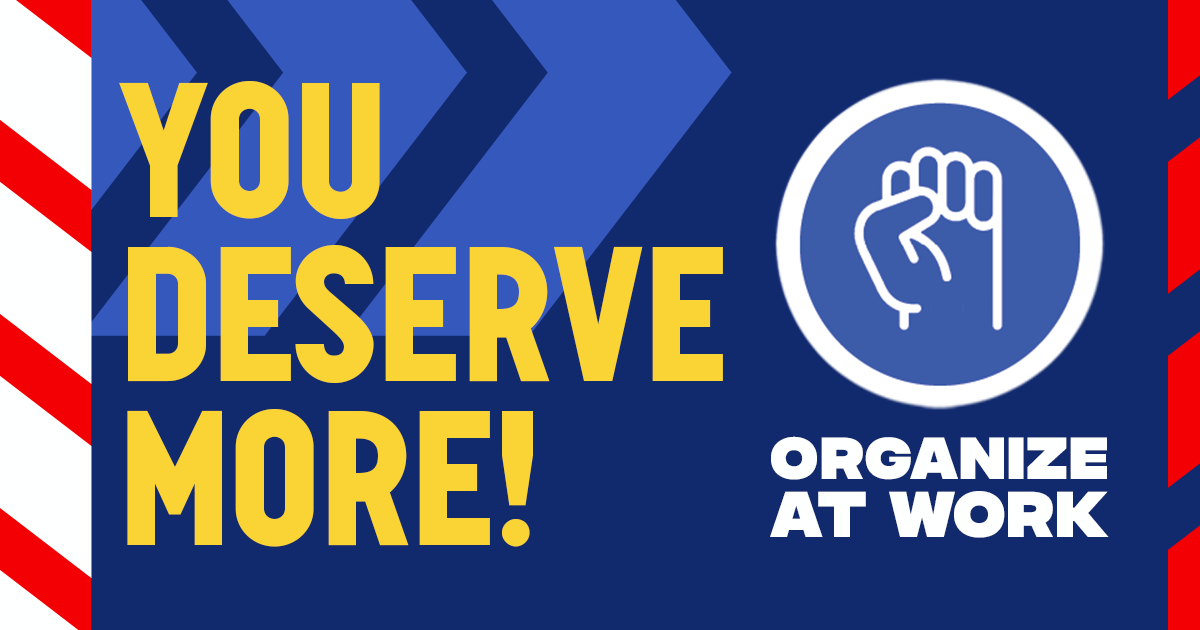Upcoming Events 📆
Interested in getting more involved with EWOC? Come to our new volunteer meeting this Tuesday, August 24, at 8 p.m. ET! We will go over the different parts of EWOC and how you can plug in. Register in advance here.
The world is weeping for Afghanistan, and while people argue about who is to blame for the botched withdrawal of the US and its allies, Afghans on the ground who went to work for the US military throughout the 20-year occupation are being left behind without the promised relocation assistance. The interpreters, drivers, engineers, fixers, security guards, and local guides who helped US troops are now at the mercy of the Taliban, known for its brutal reprisals. At present, 70,000+ Afghan workers and their families are eligible for Special Immigrant Visas (SIVs) that would grant them sanctuary abroad. And yet, as of last weekend, only 2,000 SIVs had been processed and used.
The writing was on the wall for months. As early as April, lawmakers, veterans, and advocacy groups were calling on the US to start the relocation process, and yet the plan wasn’t announced by the Biden administration until July. While it appears that the sheer speed of the Taliban takeover came as a surprise to almost everyone, there is no excuse for the US and its allies not acting sooner to protect the Afghans who have risked their lives on our behalf.
These events give the impression that promises of protection were made in bad faith — or at least without sufficient follow-through to realistically ensure those promises could be kept. Of course, the depressing reality is that employers break promises all the time. But this is a case where it’s an issue of life and death.
That said, it’s not too late to make good on our promises to the Afghan workers upon whom the US military has relied for its basic functions for 20 years. Our collective shame over this chaos should drive immediate, decisive action. The US should increase its refugee caps for Afghans and take everyone who worked for the US military, along with their families. We should do whatever it takes to ensure this happens. The security vetting can be done in due course. What’s important is saving lives right now. And what’s clear is when you go to work for the US, the reality is often unspeakably grim.
World of Work 🌍
USA: As of this weekend, after nearly a year of record profits for Nabisco, every Nabisco bakery has gone on strike to protest deteriorating working conditions and benefits, echoing the efforts of the recent Frito-Lay workers’ strike. At a time when junk food sales are soaring, the contrast between corporate profits and abysmal living standards for workers could not be more stark.
TX: Planned Parenthood stands accused of quashing a union drive by firing workers at an Austin affiliate shortly after they came together over Covid-19 safety concerns. The episode highlights the issues faced by workers in the reproductive health sphere, where loyalty to the organization’s mission often lives alongside low pay and exploitation for workers on the ground. Despite setbacks, staff at 10 of Planned Parenthood’s 49 affiliates and its national offices are all unionized, and the movement is only gaining momentum.
NY: Correction officers joined COBA outside Rikers Island on Monday to protest unsafe working conditions. Their grievances include an increase in inmate assaults against officers that has fueled an environment of fear, dangerous 24-hour shifts that limit access to food, water, and regular breaks, and a lack of PPE to protect against COVID-19.
Republic of the Philippines: Amid soaring COVID-19 infections, hospital staff are quitting their jobs in protest of low pay and poor working conditions, with thousands leaving to pursue similar jobs in other countries. It’s estimated that 40% of private hospital nurses resigned last year.




